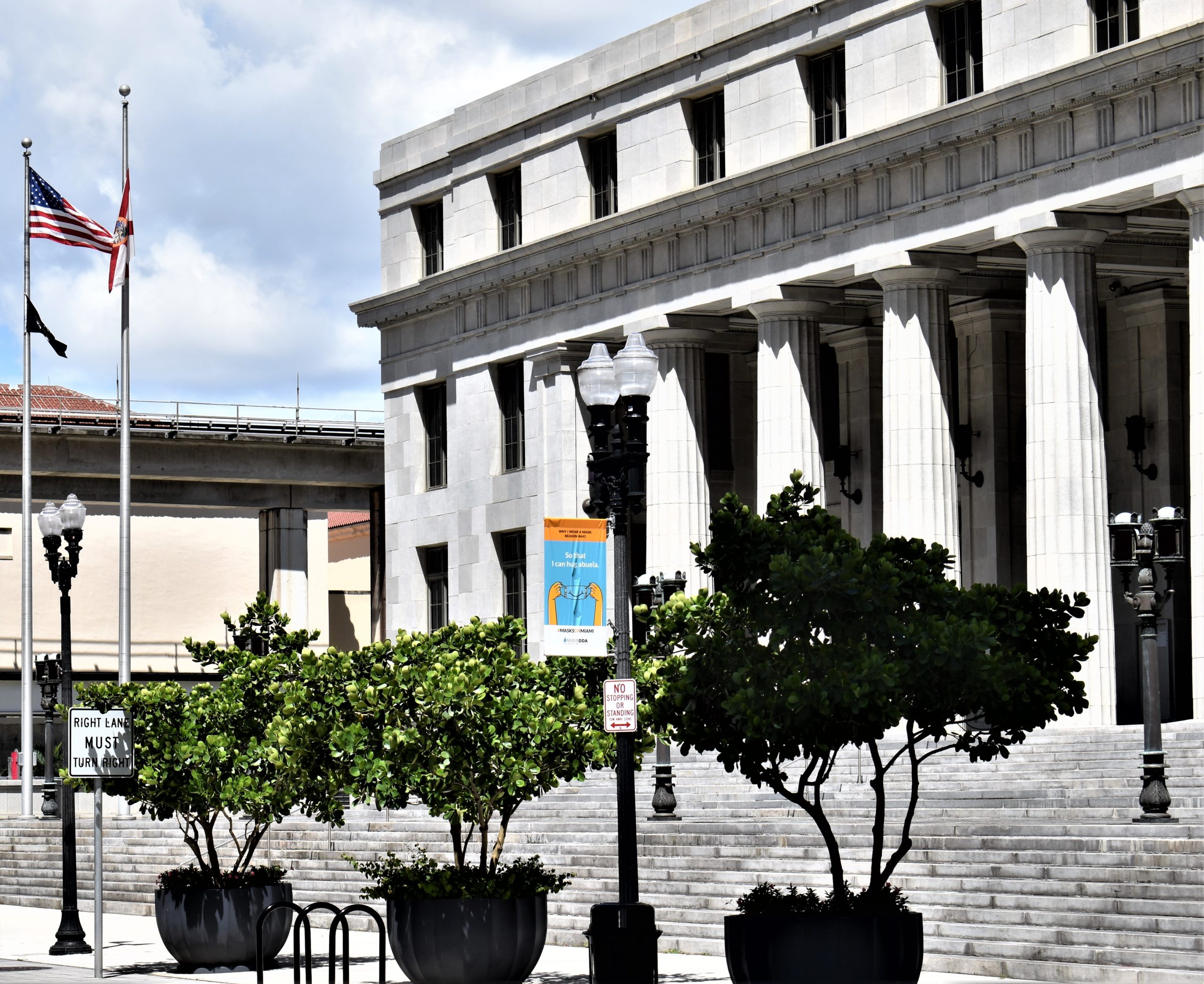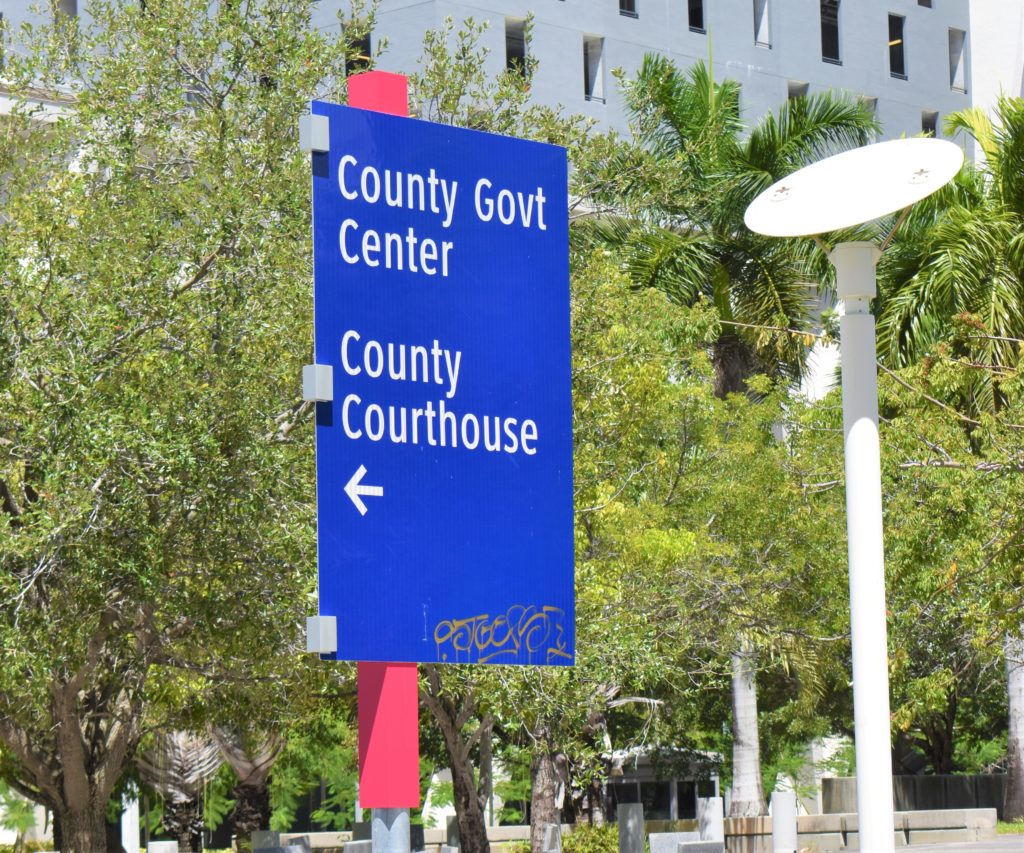Disqualifying an Attorney in Florida — in a nutshell

Even though attorneys are often the brunt of jokes, they do serious work. And are held to high ethical standards. They owe duties of loyalty to clients. As they should, right? And they should be disqualified if they are presented with a conflict of interest. This Florida legal commentary will discuss disqualifying an attorney in Florida. Including a November 3, 2021 appellate opinion. (We have previously discussed this subject HERE and HERE.) Even if you are a FORMER client, you have rights.

Ethical Duties of Florida Lawyers
Lawyers in Florida are held to high ethical standards. Lawyers owe clients a duty of loyalty.
The Florida Bar has an Ethics Hotline that consumers and attorneys can call. You can review, search, and read, for free, Florida Bar Ethics Opinions online.
A lawyer must always act in the best interest of her client. And while a lawyer is not required to be perfect, she must always seek to put the client first. That’s what a fiduciary does. You place your client’s interest over everyone else’s, including your own.
And when your interests as a lawyer conflict or collide with a client’s, the lawyer must disclose that conflict. In most instances, the lawyer must also end the representation. Although, some conflicts may be knowingly (and voluntarily) approved of, or consented to, by the client.
To read more about ethical duties of Florida lawyers, read the Rules Regulating The Florida Bar. Focus on Chapter 4 Rules of Professional Conduct.
Disqualifying an Attorney in Florida — a must read
On November 3, 2021, Florida’s 1st District Court of Appeal issued its opinion in the case of First Fidelity Trust Services, Inc. v. Shelter Cove Condominium Association. This case dealt with disqualifying an attorney in Florida. So, let’s get right to it. What do you need to know in a nutshell? Here you go:
- An order disqualifying an attorney in Florida is appealable under Fla. R. App. P. 9.130(a)(3)(E);
- Such an appeal is limited to whether or not the trial judge abused her discretion;
- Reversing such an order is rare;
- Why? Appellate courts of not apt to replace the trial judge’s discretion with their own. Great deference is given to the trial judge. And that makes sense. After all, the trial judge is in the best position to evaluate everyone and everything;
- Focus on Rule 4-1.9 which involves conflicts of interests of lawyers;
- “The rule prohibits a lawyer who has formerly represented a client from representing ‘another person in the same or a substantially related matter in which that person’s interests are materially adverse to the interests of the former client‘”;
- You must meet your initial burden of demonstrating that an attorney client relationship existed;
- Once an attorney-client relationship is established, “there is an irrefutable presumption that confidences were disclosed“;
- To read more about how this process goes, read the opinion whose link is above;
- This may all be resolved at a non-evidentiary hearing– sometimes. Ask your lawyer if you want to testify, and tell her to set the hearing for an EVIDENTIARY hearing.